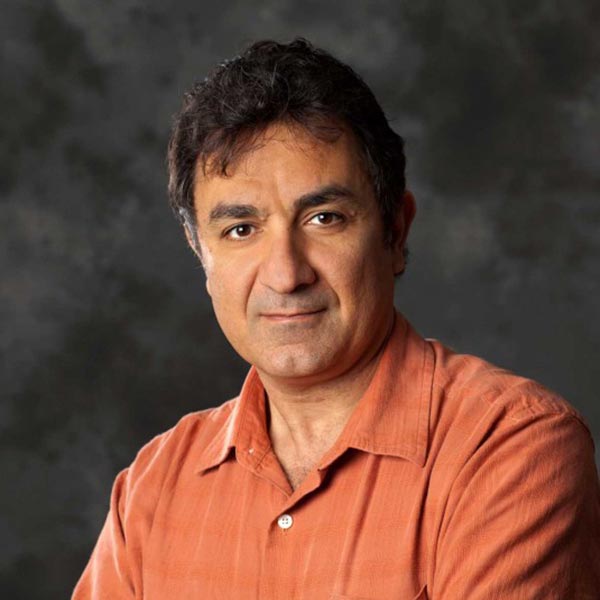Increasingly, critical decisions are demanded for situations where likelihoods are not sufficiently constrained by models. This could be caused by the lack of suitable mathematical models or the inability to compute the behavior of these models, or observe the associated physical phenomena, under a sufficient number of operating conditions. In many of these situations, the criticality of the decisions is manifested by the need to make inferences on high consequence events, which are typically rare. The setting is thus one of characterizing extreme events when useful models are lacking, computational models are expensive, or empirical evidence is sparse. We have found adaptation and learning to provide transformative capabilities in all of these settings.

A key observation is that models and parameters are typically associated with comprehensive constraints that impose conservation laws over space and time, whose solution yields spatio-temporal fields requiring comprehensive calibration with exhaustive data. Decisions typically depend on quantities of interest (QoI) that are agnostic to this complexity and that are constructed through an aggregation process over space, time, or behaviors. A regularization is thus imposed by allowing the QoIs to drive the complexity of the problem. But then one has to learn the QoIs.
This talk will describe recent procedures for probabilistic learning of QoIs using both orthogonal projections and manifold learning. Both approaches are applied to science and engineering problems where models are either too expensive to compute or too inconclusive to provide acceptable interpolation to data. In both cases, probabilistic inferences are possible as required by risk assessment and probabilistic-based design.